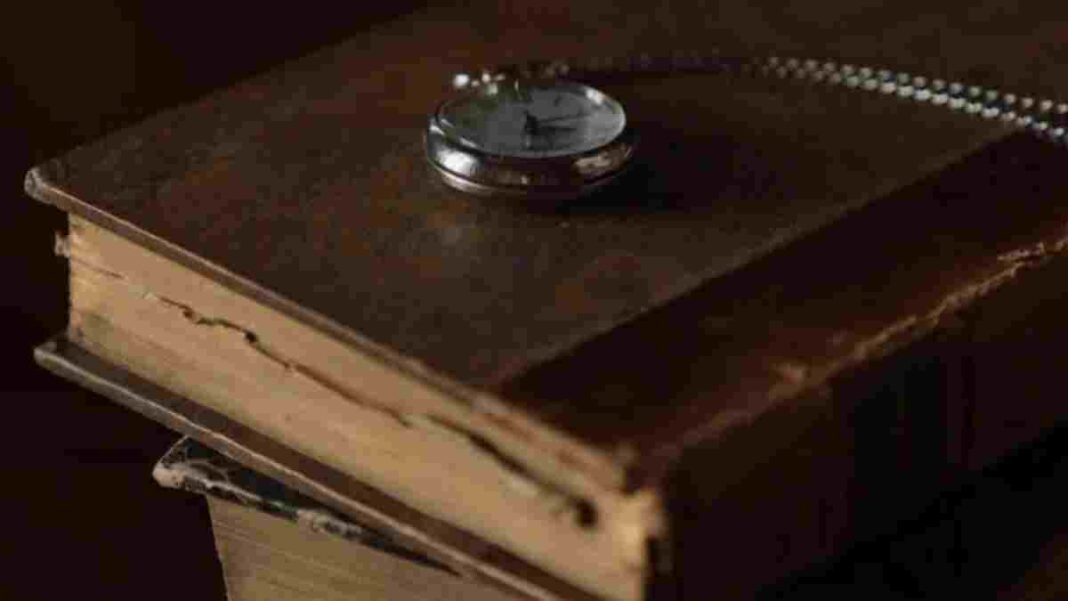SPAIN: Pioneering artificial intelligence (AI) technology has been used to identify a previously unidentified play by the wildly prolific dramatist, poet, sailor, and priest Lope de Vega.
Some of the best writers of Spain’s Golden Age may have written works that have been lost or given the wrong credit.
Lope had seemingly written a play a few years before his death in 1635, which was discovered and verified this week by researchers from Spain’s National Library’s huge archives.
The 16th and 17th centuries in Spain happened to be the most intriguing phase, marked by a cultural leap and transformation, imperial growth that resulted in poignant works by Lope, Cervantes, Calderon, Velazquez, and many others.
The Frenchwoman Laura, or La francesa Laura is a story of love, envy, and class hierarchy that results in a woman’s sacrifice. The story, however, ends on a happy note.
German Vega, a Golden Age literature expert at the University of Valladolid, and Alvaro Cuellar, at the University of Vienna, Department of Roman Studies, stumped upon Etso, a project that uses an AI technique to comprehend the status of authorship of the plays written during the Golden Age.
1,300 plays, most of which were at Spain’s National Library, were transcribed digitally through the Transkribus platform, which transcribed 3 million words. Stylo, another program that unravelled its language and style with the 2,800 digitized works by 350 authors in the Etso database, made the anonymous La francesa Laura discover its real authorship.
Vega says, “That grabbed our attention—we didn’t think we’d find a Lope … [But] we then found a lot of expressions in La francesa Laura that fitted with those in other Lope plays.”
There were things in La francesa Laura that people in other Lope plays had said or would later say, adding, “Given there’s such an attribution problem with Golden Age theater—so many anonymous or misattributed pieces—I think this new technology means we’ll see more of this. There are still things that need to be clarified.”
Similarly, Vega had used the database four years ago, and Stylo concluded that the story of The Nun Lieutenant was written by Juan Ruiz de Alacron, a Mexican dramatist.
Also Read: Spain’s Famous Iberico Ham Threatened by Climate Change



